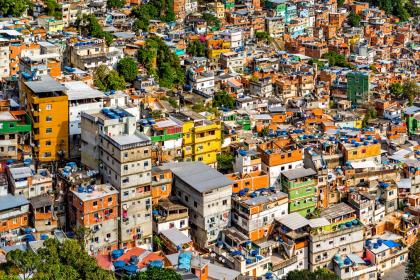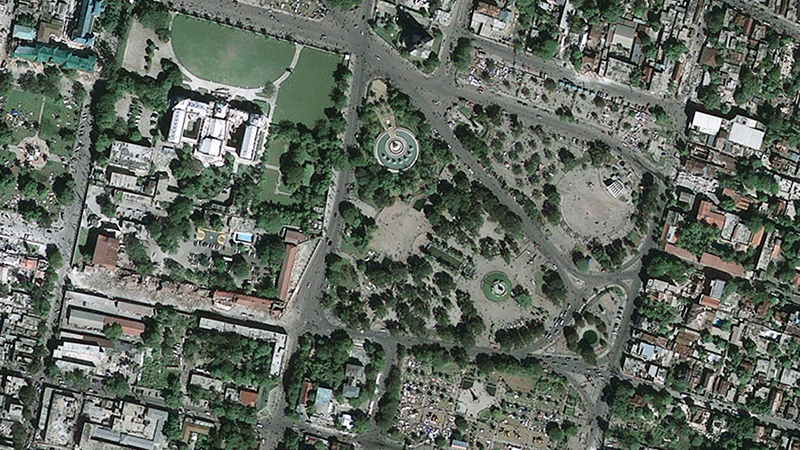Many developing countries face serious impediments to harnessing science, technology, and innovation (STI) for sustainable development.
Countries need STI tools to address sustainable development challenges, for example, through adequate early disaster warning and water quality monitoring and control, which depend on quality data. Such data will also be helpful to improve their STI capacity and implement coherent and sustainable STI policies to make progress on SDGs, including SDG 6 on clean water and SDG 11 on sustainable cities.
Geospatial technologies have recently gained much attention as a potential solution to fill data gaps and improve data quality, as well as to increase the SDG reporting rate of developing countries.
This project responds to the need to further support STI experts in developing countries, in particular female scientists, in using geospatial technology (GST) as a catalyst for sustainable urban development and for SDGs.
The project will focus on the open-source and relatively new programming language named Julia, developed at the Massachusetts Institute of Technology (MIT) that is particularly suitable for geospatial analysis. Julia is well-suited for earth observation due to its unique combination of high performance and user-friendly syntax.
Objective
The project aims to assist STI experts, with particular attention to female scientists, to use geospatial technology to increase resilience to sustainable development challenges, such as natural disasters and access to safe water.
It also builds capacities to absorb, manipulate, interpret and digitalize information in support of policy-making and reporting on progress for SDGs, in particular SDG 6 and SDG 11. It also aims at contributing to SDG 5 on gender equality in STI.
It will target 2 developing countries, Brazil and South Africa.


